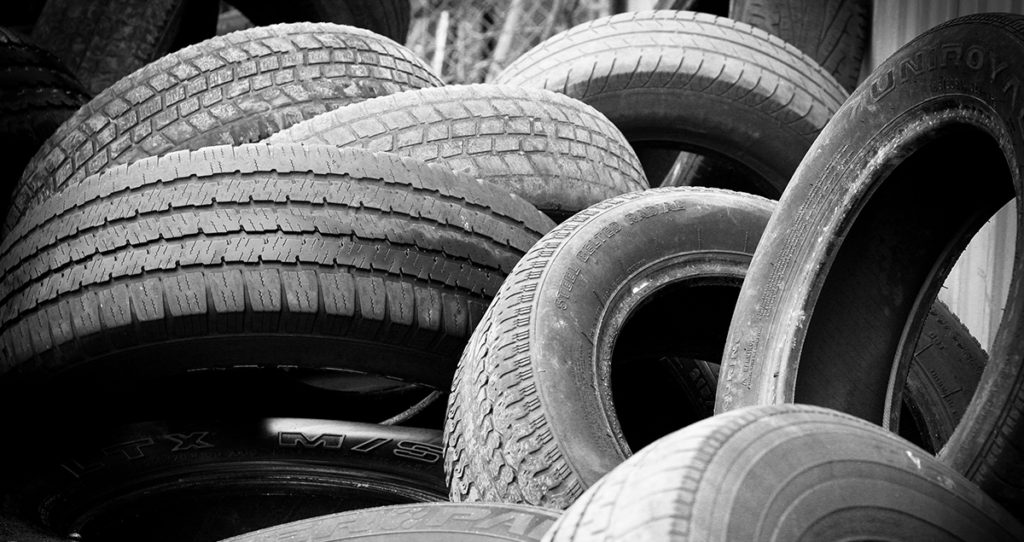In a country as vast as Canada, having a car can feel like a necessity. Our cars get us where we need to go, save time and provide a sense of freedom that’s like nothing else. If you’re looking to be as eco-conscious of a car owner as you can, there are plenty of choices you can make to reduce your footprint and minimise the environmental cost of your driving, while saving money too!
1. Avoid harming the earth when washing your car
You may think washing your car at home is the best thing to do for the environment – but that’s actually not the case. When you wash your car on your driveway or street, the waste water and soap often goes straight down a storm drain. The soap may contain chemicals that harm marine life, and the water you’re washing down the drain can also include residual gasoline, oil, exhaust fumes, and even heavy metals.
Luckily, there are many things you can do to combat this problem. Biodegradable soaps are available, which do not contain harsh detergents and are less detrimental to the environment than their traditional counterparts. Washing the car on your lawn or on gravel helps, as it allows the water to sink into soil, which acts as a natural filter – and car washing soap shouldn’t damage your lawn. An even better option is to use a waterless car wash, or visit a commercial car wash, where the water used will be treated and reused.

Photo by Kaboompics .com from Pexels
2. Keep your load light to reduce emissions
The more your car weighs, the more gas it will use, so a great way to save money as well as the environment is to make sure you’re not carrying unnecessary stuff around with you. Studies have shown that making your car 10% lighter can improve your fuel economy by 6% or more. Manufacturers are focusing more and more on using lighter materials when making cars, so that’s worth considering if you’re in the market for a new vehicle, too.
3. Use eco-friendly tires, and keep them properly inflated
If you need to replace your tires, consider replacing them with an eco-friendly option which can increase fuel efficiency. They can even be made from recycled materials! There are also many benefits to ensuring your tires are inflated properly – most importantly, you’ll get more mileage from properly inflated tires, reducing your greenhouse gas emissions by up to 1.5 tons in a year. Here’s how to check that your tires are properly inflated.
In British Columbia, you can return your old tires for free to BC’s Tire Stewardship program and they will be recycled in innovative ways, such as in athletic tracks, synthetic turf fields, playgrounds and more.

4. Use car share apps or carpool to save time and gas
Research has shown that access to car sharing in urban areas can reduce overall fuel consumption. If you live in a city or an urban area, using a car sharing service like Car2Go can be an eco-friendlier alternative to owning your own vehicle. If you don’t live in a place that offers such a service, consider carpooling with coworkers for your commute if you can. Carpooling reduces congestion and emissions, and often lets you use HOV lanes to get to your destination quicker!
5. Recycle your used oil, antifreeze, and gasoline
You can recycle antifreeze, used oil, and oil filters through BCUOMA’s program in BC. Other provinces also have tire stewardship programs – find your province’s program here. You can also drop off your stale or watery gasoline through our household hazardous waste program in both BC and Manitoba – find your nearest drop-off location here. In BC, motor oil is recycled into lubricating oil or used in pulp mills, cement plants, and asphalt plants. Used antifreeze is recycled into new automotive antifreeze and sold within BC. Oil filters are taken to steel mills, while antifreeze containers are recycled into new oil containers, drainage tiles, and parking curbs. So, rather than being sent to a landfill, your used car chemicals can be used again, or used in the production of new products, supporting a circular economy and reducing waste.
Do you have any tips for how to be an eco-friendlier car owner? Let us know!




Commentaires